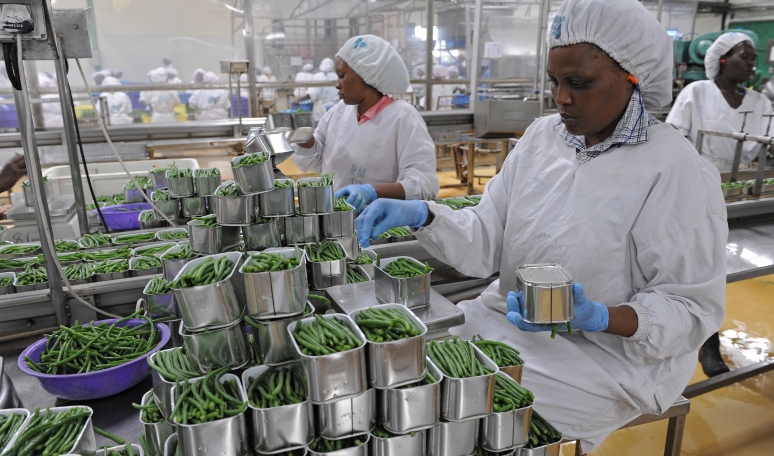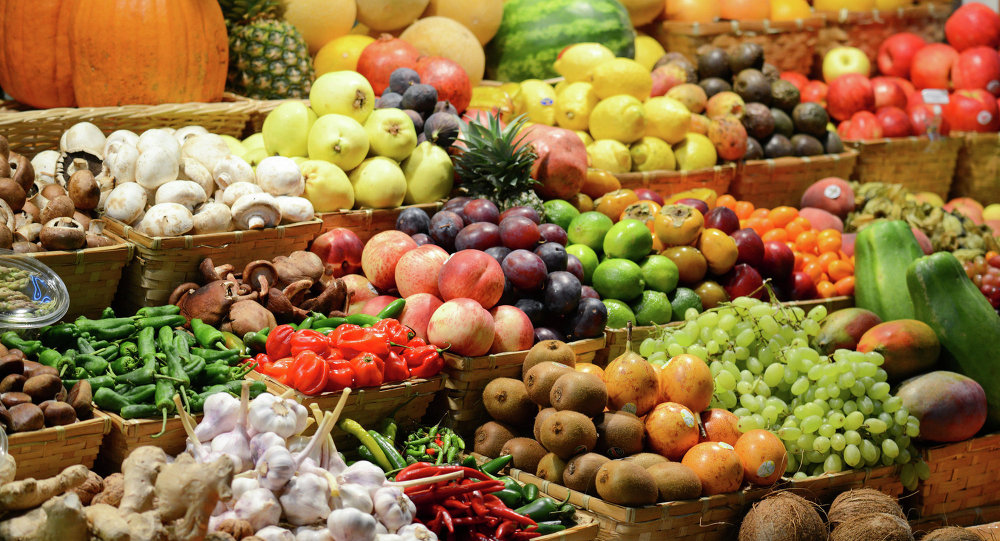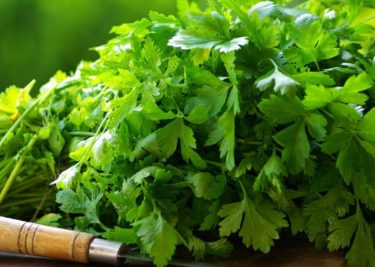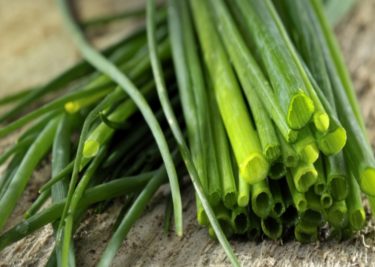Accessing the Export Market in Kenya
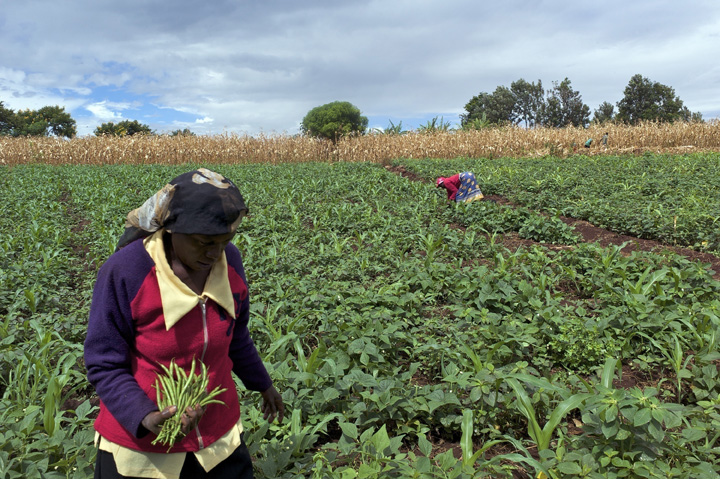
Photo Copyright: Ric Francis/ZUMAPRESS.com
Paukwa is all about stories, and we’ve enjoyed sharing the stories of Green Gold over the past few weeks. As always though – we are here to serve, so as we close out this campaign we are taking a small detour from our Storytelling and sharing a few resources in response to the many questions from potential farmers who have enjoyed the #KeExports journey.
First and foremost as you prepare to be an exporter keep in mind the issue of Certifications
As with any product traded internationally, standards are a major part of how fresh produce is judged in the market. Failure to comply with recognised requirements is an expensive affair – any costs incurred due to low-quality produce are covered by the farmer – ouch! Best be prepared.
Compliance standards that govern export of horticultural goods cover both the harvested products and their source – the farms. Here are some key certifications you must meet when looking to sell your produce abroad:
- Global Good Agricultural Practices (GlobalGAP) – these are methods stipulated to ensure sustainable, organic agriculture. They cover quality of seeds, water and soil used in the farm, pest and disease management and the use of pesticides and other chemicals in farming.
Certification organisations: Africert, EnCert, Fresh Produce Exporters Association of Kenya (FPEAK)
- Kenya Plant Health Inspectorate Service (KEPHIS) phytosanitary compliance – this is a certificate issued by KEPHIS, the organisation in charge of quality control for all agricultural produce entering or leaving Kenya. It verifies that your produce meets standards for chemical traces as well as pest and disease management.
- Export Licence from the Horticultural Crops Directorate (HCD) – HCD vets farmers seeking to access the export market based on factors such as GlobalGAP requirements, staff training and environmental conservation measures
It is also important to note that specific markets, have additional certification standards.
The second thing is getting your produce to market!
Once you are certified as compliant, export companies are the easiest way for you to access the export market. They tap vast networks of farmers, bringing together fresh produce from outgrowers to meet demand from their international clients. Contracts with exporters stipulate the type and quantity of produce to be delivered and a time frame for its supply.
Export companies often provide training for farmers that they contract – ensuring that they are kept up-to-date with new standards, farming best practices and business skills needed to run successful farms. Below are a few companies connecting Kenyan farmers to the world:
The Horticulture Traceability System
To facilitate transparency in the export value chain, exporters use the Horticulture Traceability System (HTS), introduced to Kenya in 2015. It is a detailed approach meant to ensure incidents of non-compliance and food safety are quickly isolated and dealt with.
Important resources as you consider export
- InfoTrade Kenya – a government website with useful information on all things export
- Fresh Produce Exporters Association of Kenya (FPEAK) – the local organisation that represents growers, exporters and service providers in horticulture
- KEPHIS – contains detailed information about requirements for crop cultivation, pest/disease management and crop varieties.
And there you have it folks! Armed with this information, you should be able to exercise your green thumb and share your produce with the world from Kenya’s fertile lands.
- Photo Copyright: Ric Francis/ZUMAPRESS.com
- Photo Copyright: ismailimail.blog
- Photo Copyright: Top Farmer

